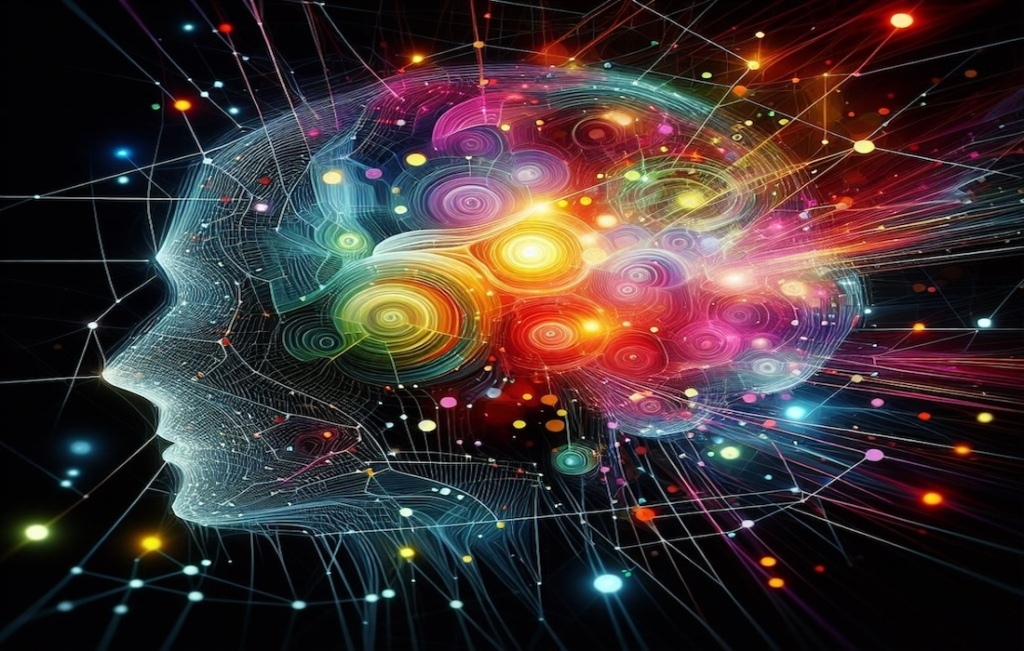Emotional healing and well-being have been topics of interest for centuries. Our ancestors recognized the impact of emotional distress on overall health and well-being, and sought out natural ways to alleviate emotional imbalances. Ancient herbal remedies have played a significant role in promoting emotional healing and well-being, and their benefits continue to be relevant in today’s modern world. This article explores the role of ancient herbal remedies in emotional healing, and discusses how these time-tested practices can contribute to overall well-being.
Shop Amazon – Best Selling Products – Updated Every Hour
Ancient Herbal Remedies: A Brief History
Throughout history, traditional medicine systems such as Ayurveda, Traditional Chinese Medicine (TCM), and Native American herbalism have placed great importance on the use of herbs for emotional healing. These ancient cultures believed that there is a strong connection between the mind, body, and spirit, and that maintaining balance among these elements is essential for overall health and well-being.
For thousands of years, practitioners of these traditional medicine systems have utilized herbal remedies to address a wide range of emotional imbalances, from stress and anxiety to depression and grief. Today, these ancient remedies continue to be an important part of holistic healing practices, and are increasingly being recognized for their benefits by modern medical professionals.
The Role of Ancient Herbal Remedies in Emotional Healing
Ancient herbal remedies have a long history of use in promoting emotional healing and well-being. These remedies are thought to work in various ways, including by:
Balancing energy levels:
Many ancient herbal remedies are believed to help balance the body’s energy levels, which can in turn promote emotional stability. In TCM, for example, herbs are often used to help balance the body’s Qi (or vital energy), which is thought to influence emotional well-being
Promoting relaxation:
Some ancient herbal remedies are known for their calming and relaxing properties. These herbs, such as chamomile and lavender, have been used for centuries to help reduce stress and anxiety, and promote a sense of calm and tranquility.
Supporting mood regulation:
Ancient herbal remedies, such as St. John’s wort and ashwagandha, have been used to help support mood regulation by influencing the production and balance of neurotransmitters, such as serotonin and dopamine, which are crucial for emotional well-being.
Enhancing resilience:
Certain herbs, such as adaptogens like ginseng and rhodiola, have been used to help the body better cope with stress and build resilience against emotional challenges.
Addressing physical imbalances:
Some ancient herbal remedies can also help address physical imbalances that may contribute to emotional distress. For example, herbs like milk thistle and dandelion root can support liver function, which in turn may help improve emotional well-being.
Try Audible Premium Plus and Get Up to Two Free Audiobooks
Relevance of Ancient Herbal Remedies Today
With a growing interest in holistic and natural approaches to health, ancient herbal remedies are experiencing a resurgence in popularity. Modern scientific research has begun to validate many of the traditional uses of these herbs, confirming their effectiveness in promoting emotional healing and well-being.
Furthermore, the integration of ancient herbal remedies into modern mental health care practices can offer a more holistic approach to emotional healing, addressing not only the symptoms but also the underlying imbalances and energetic disruptions that may contribute to emotional distress.
By embracing the wisdom of our ancestors and integrating these ancient remedies into our modern lives, we can promote emotional healing and well-being for ourselves and future generations.













Leave a comment